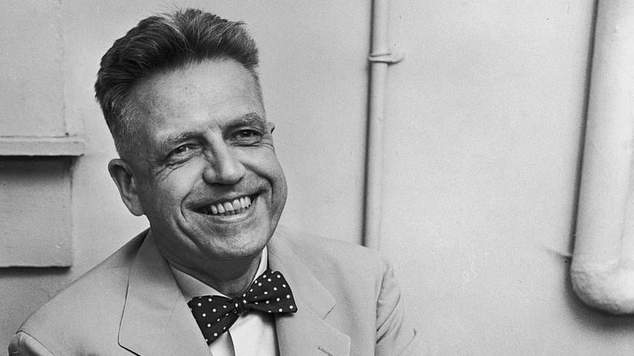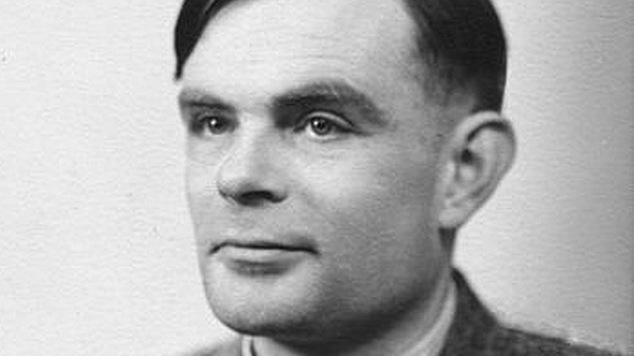Alfred Kinsey’s reports on human sexuality were groundbreaking when they were first released in the 1940s.
Kinsey was an American sexologist, biologist and a professor of entomology and zoology. He founded the Institute for Sex Research at Indiana University.
In 1948 Kinsey released his landmark study into male human sexuality. The report introduced the Kinsey Scale which saw Dr Kinsey rank men’s sexuality on a scale of zero (exclusively heterosexual) to six (exclusively homosexual).
Kinsey suggests that around 10 percent of men are gay, and statistic that has remained in the public psyche for decades.

His research was highly controversial at the time of its release, and in the years that have followed some of Kinsey’s research methods have been questioned, but his work is seen as foundational in the field of sexology.
Five years later he followed his report on male sexuality, with a study of female sexuality. His work is credited with changing public attitudes about how women experience sexual pleasure.
A 2016 review of research into sexuality argued that Kinsey’s reports may have overestimated the percentage of people who are non-heterosexual.
The release of the report in 1948 sparked great interest from the public, and Kinsey made his mark on popular culture. His work is referenced in the Cole Porter song Too Darn Hot.
Kinsey, who was bisexual, had an open marriage with his wife Clara. As a young man Kinsey reportedly punished himself for having homoerotic feelings, but as an adult accepted his sexuality.
He passed away in 1956, aged 62. His life was dramatised in the 2004 film Kinsey, which saw actor Liam Neeson portray the researcher.
In 2019 he was named as one of the 50 inaugural pioneers, trailblazers and heroes indicted into to USA’s National LGBTQ Wall of Honour at the Stonewall National Monument.
Alan Turing was born on this day in 1912
Alan Turing is credited with being the father of theoretical computer science and artificial intelligence. The work of the English mathematician, computer scientist, logician, cryptoanalyst, philosopher and theoretical biologist was not fully realised until years after his tragic death.
Born in London, he was raised in Southern England. His father worked in India for the British Civil Service, but wanted his children to be raised in England, so he was sent to live with a retired army couple.
He studied mathematics at Kings College in Cambridge after winning a scholarship. He continued his studies at Princeton University in the USA where he earned a PhD.

During World War II he was involved in code breaking at Bletchley Park and was responsible for many important breakthroughs that are credited with shortening the conflict. He went on to work on some of the earliest computers, and his theories are credited with major developments in the field.
In 1952 Turing was prosecuted for gross indecency when it was discovered that he was homosexual. He accepted being chemically castrated rather than being sent to prison. Two years later he died by suicide.
In 2009 following an online campaign, British Prime Minister Gordon Brown made a public apology for the way Turing was treated.
“Thousands of people have come together to demand justice for Alan Turing and recognition of the appalling way he was treated. While Turing was dealt with under the law of the time and we can’t put the clock back, his treatment was of course utterly unfair and I am pleased to have the chance to say how deeply sorry I and we all are for what happened to him … So on behalf of the British government, and all those who live freely thanks to Alan’s work I am very proud to say: we’re sorry, you deserved so much better.” the British PM said.
In 2013 Queen Elizabeth II granted him a posthumous pardon. In 2017 the British government issued an apology to all people who had been prosecuted under the previous laws and offered a pathway for their convictions to be removed – the legislation is referred to as Alan Turing’s Law.
Turing is now featured on the new British fifty-pound note, and he has been honoured via statues, prizes and portrayals in film and television.




